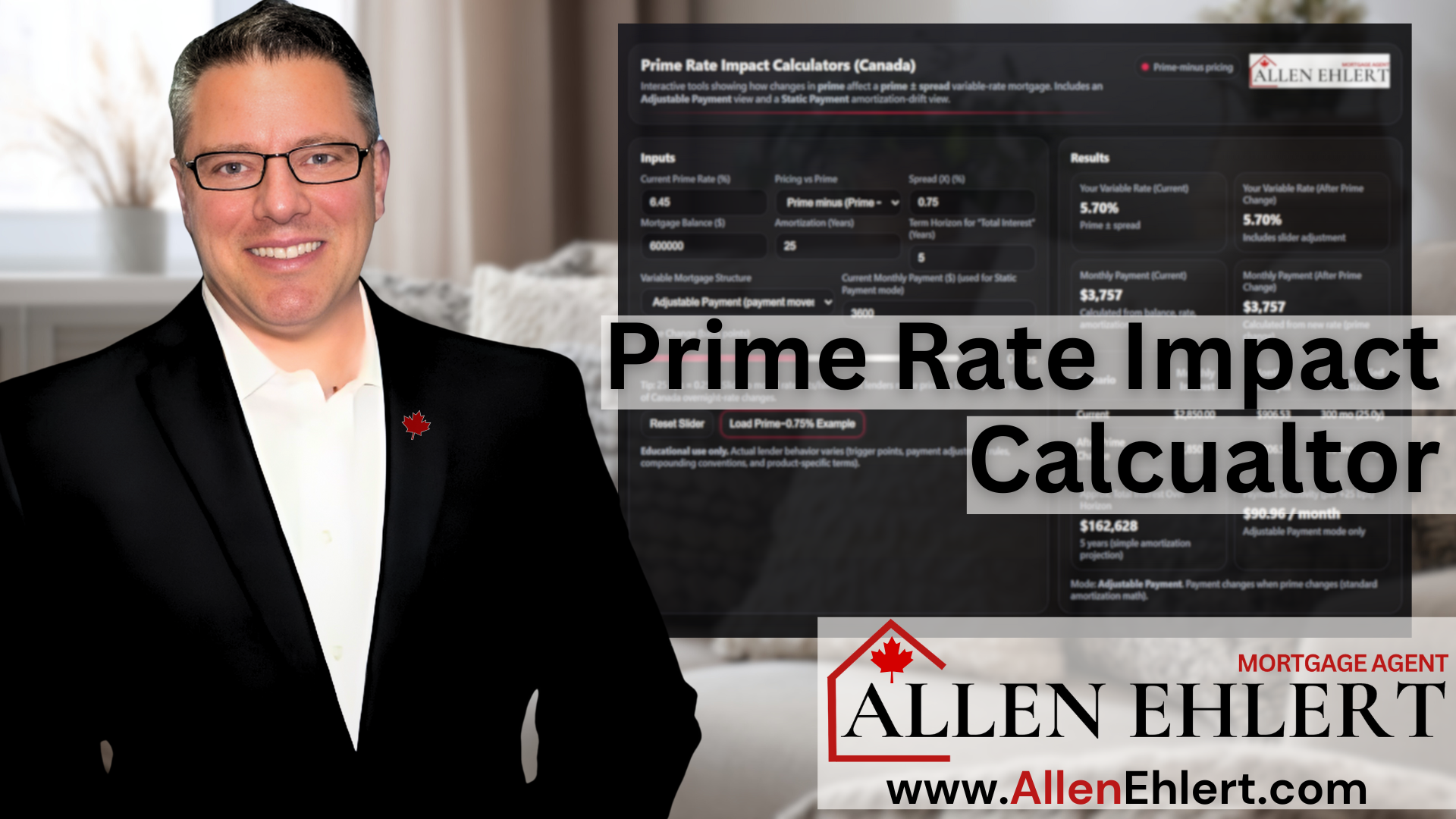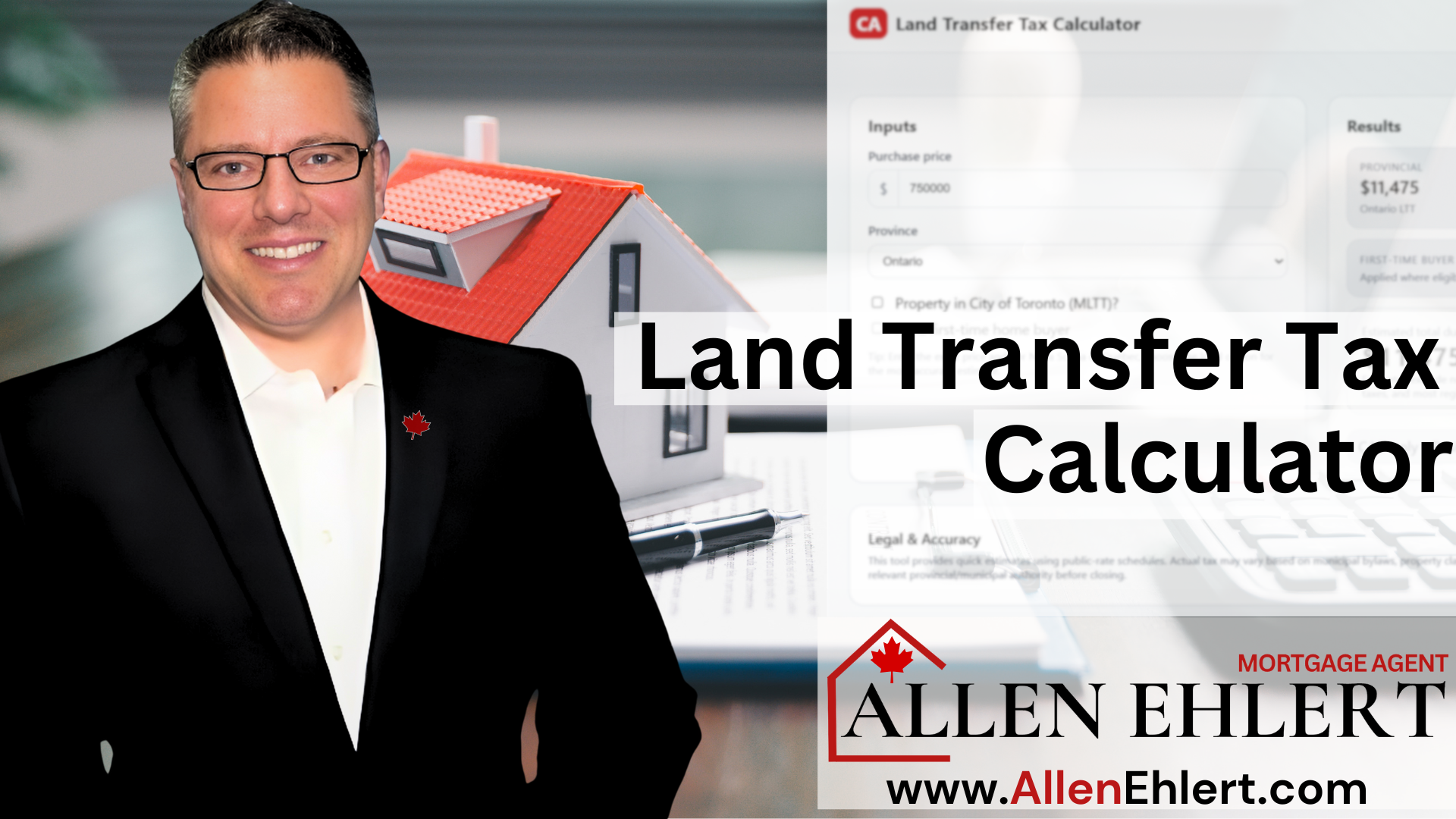… Why Smart Investors Use Holding Companies to Build Wealth in Real Estate
You’ve been steadily growing your real estate portfolio, collecting keys and cash flow along the way. You’ve got the landlord rhythm down, maybe even set up a joint venture or two. But then someone at a networking event leans in and asks:
“So… are you holding those properties in a company yet?”
It’s a loaded question—and one that might leave you scratching your head. What is a holding company? And should you be using one?
If you’re a realtor trying to sound sharp with investor clients, or an investor thinking bigger, this article will walk you through the full landscape of holding companies: what they are, how they work, when to use one, and what to watch out for.
I’ll Go Over:
Key Characteristics of a Holding Company
Why Use a Holding Company for Real Estate
Benefits of Holding Companies (with Real-Life Examples)
Side-by-Side Comparison: With vs. Without a HoldCo
Real Estate Application: How Realtors and Clients Can Use This
What Is a Holding Company?
Let’s start with the basics. A holding company is a corporation that doesn’t run a business in the traditional sense. It doesn’t sell widgets or flip burgers. Instead, it holds assets. Think real estate, stocks, patents, or shares in other companies.
In real estate, a holding company is often used to own properties, collect rental income, and keep your investments separate from your personal finances. It’s like a legal bucket that holds your valuable stuff—and protects it.
Key Characteristics of a Holding Company
Here’s what makes a holding company what it is:
- No day-to-day business operations. It’s not an active business like a construction company or property management firm.
- Holds assets, such as rental properties, stocks, or ownership in other corporations.
- Receives passive income, like rent or dividends.
- Can own other corporations, including subsidiaries or operating companies.
Think of it as a financial vault. It’s not flashy—but it keeps your wealth organized, protected, and in some cases, taxed more efficiently.
Who Can Start One—and How
Anyone can start a holding company—you don’t need a certain income level or net worth. You just need the right reason, the right structure, and the right advice.
Here’s how it typically works:
Step 1: Work with a lawyer or accountant to incorporate a new federal or provincial corporation.
Step 2: Decide on the ownership—will it be owned solely by you, or with a spouse or business partner?
Step 3: Open a business bank account and maintain separate finances.
Step 4: Use the corporation to purchase and hold investment properties, shares, or other income-generating assets.
In Ontario, many real estate investors set up numbered companies (like 123456 Ontario Inc.) or brand-named corporations to hold their rental properties.
Why Use a Holding Company for Real Estate?
Let’s say you own a couple of duplexes in your personal name. That’s fine at first. But as you grow your portfolio, your taxes increase, your personal liability increases, and your planning options decrease. That’s where a holding company starts making sense.
Using a holdco to own your properties can help:
- Simplify taxes and financial reporting
- Limit your personal legal exposure
- Give you flexibility for future planning or joint ventures
- Position you more professionally when dealing with partners or lenders
If you plan to buy more than one or two rental properties, or want to bring in investors, using a holdco is a smart way to scale.
Benefits of Using a Holding Company
Let’s break down why savvy investors use holding companies:
1. Tax Deferral
Corporate tax rates are typically much lower than personal marginal tax rates. If you don’t need all the income personally, you can leave profits in the company and defer tax.
2. Limited Liability
If a tenant sues or there’s a legal issue with a property, your personal assets are better protected. The liability is contained within the corporation.
3. Easier Joint Ventures
It’s much easier for multiple people to own shares in a corporation than to all go on title. You can even issue different classes of shares for more advanced planning.
4. Simplified Estate and Succession Planning
You can transfer ownership through shares, not through individual property deeds. That simplifies things for your heirs—and avoids some hefty probate headaches.
Example:
John and Priya own four rentals in their personal names. They’re cash-flowing, but hitting high tax brackets. They meet with their accountant and switch to using a holdco. They begin retaining earnings in the corporation, pay themselves dividends only when needed, and transfer new acquisitions into the holdco. Over the next five years, they save thousands in tax and build a cleaner ownership structure for their kids.
Downsides and Other Considerations
Now, holding companies aren’t all sunshine and tax breaks. There are trade-offs.
- Financing gets trickier. Many lenders treat corporate-owned properties as commercial—even if it’s just a duplex.
- Mortgage rates and fees may be higher. Appraisals, legal costs, and broker fees are steeper on commercial deals.
- You’ll need professional help. A lawyer and accountant are non-negotiable—and they’re not free.
- Passive income rules apply. If your holdco earns too much passive income, it may lose access to small business tax rates or face punitive taxes.
In short: If you’re not making significant income or planning to grow your portfolio, a holdco might be more hassle than help.
Side-by-Side: Holding Company vs. Personal Ownership
| Feature | Personal Name | Holding Company |
| Legal Liability | Personally liable | Limited to corporation |
| Mortgage Options | More residential lenders | Treated as commercial |
| Tax Rate | Marginal personal rate (up to 53%) | Lower corporate rate (around 12-50%) |
| Income Splitting | Limited or none | More flexibility with share classes |
| Joint Ventures | Shared title | Shares issued to partners |
| Estate Planning | Property must be willed or probated | Shares can be transferred or gifted |
Real Estate Application: How Realtors and Clients Can Use This
For Realtors:
- Ask early if your client plans to use a corporation. It affects financing, timelines, and deal structure.
- If a client owns three or more doors, suggest they speak with a mortgage agent and accountant about moving to a holdco.
- Position yourself as a knowledgeable partner for investor clients—they’ll trust you more when you speak their language.
For Clients:
- Map out your long-term real estate goals. If you’re buying for cash flow and growth, a holdco could be a game changer.
- Don’t guess—talk to professionals about structuring your portfolio before you buy your next property.
A Story to Drive It Home
I once helped a couple—Raj and Melissa—who owned six properties, all in their personal names. They were paying a fortune in taxes, had two joint ventures on paper napkins, and were looking to buy a seventh.
After reviewing their setup, I connected them with a lawyer and accountant. We created a holding company, rolled the new purchase into the holdco, and began refinancing the others into the corporation over time.
Within a year, they had streamlined their finances, improved liability protection, and felt like they were finally running a professional real estate business—not just collecting rent.
Allen’s Final Thoughts
A holding company isn’t for everyone—but for serious investors, it’s one of the most powerful tools in the toolbox. It’s about more than just saving taxes. It’s about control, structure, protection, and planning.
That said, it’s not a DIY move. You need a team—and I’m proud to be part of that team.
How I Can Help
As a mortgage agent, I bring more than just access to rates. I help you:
- Navigate lender policies on corporate ownership
- Connect with commercial and residential lenders that work with holdcos
- Coordinate with your accountant and lawyer to structure deals right
- Package your mortgage applications to highlight the strength of your portfolio
- Educate your realtor and investor networks with explainer materials, webinars, and branded content
Whether you’re buying your first rental or building a real estate empire, I’m here to help you build it smart, build it strong, and build it with intention.












